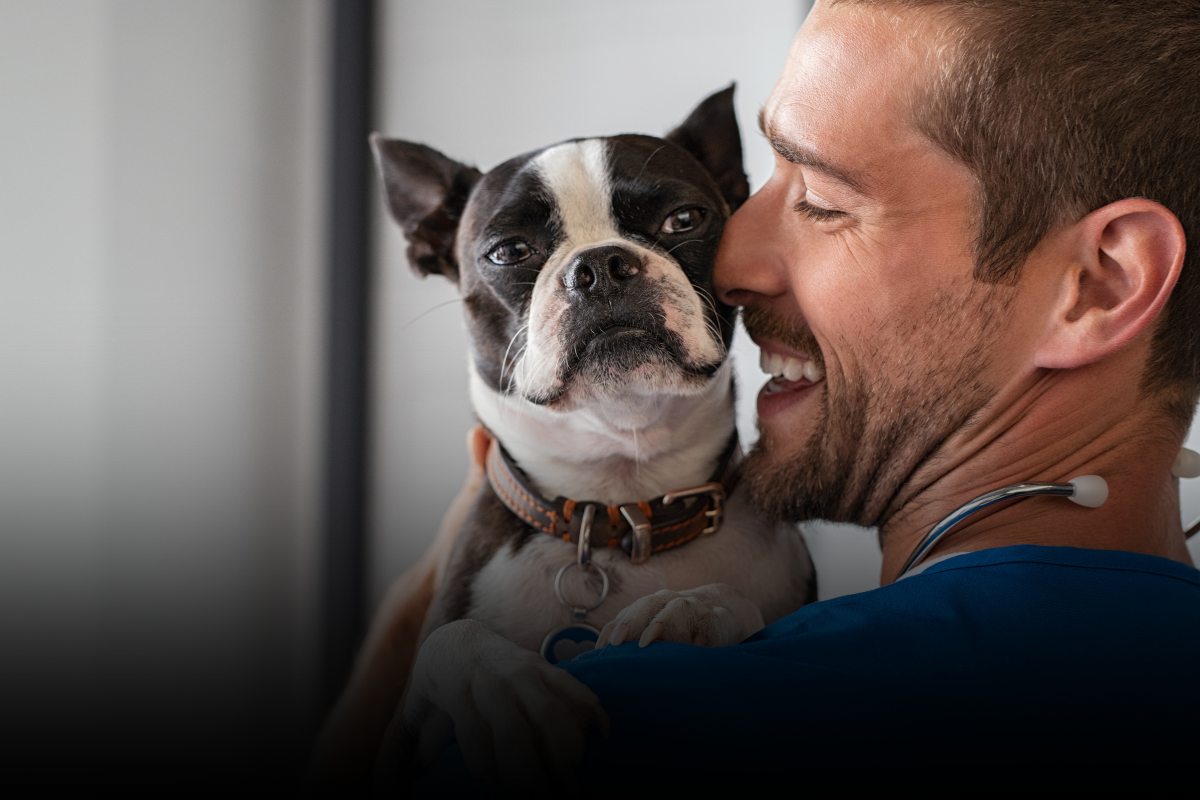We all know that pets are more than animals; they are family members and part of our daily life.
What happens to pets when a couple divorces in North Carolina? Unlike child custody, which is determined based on the best interests of the child, pets are treated differently under state law.
Here’s what you need to know about how North Carolina courts handle pets during divorce, how a local divorce attorney can help protect your rights, and what steps you can take to ensure your pet is cared for after separation.
Are Pets Considered Property in North Carolina?
Yes. Under North Carolina law, pets are legally considered personal property, similar to furniture, vehicles, or other assets. This means that during a divorce, pets are subject to equitable distribution, the process the court uses to divide marital property fairly.
While many pet owners think of “custody,” North Carolina courts generally focus on who legally owns the pet and what is fair when dividing assets.
How the Court Decides Who Gets the Pet
When deciding which spouse will keep a pet, the court will consider several factors, including:
- Who Purchased or Adopted the Pet: If the pet was brought into the marriage by one spouse, that spouse may keep it as separate property.
- Who Paid for the Pet’s Care: Food, vet bills, grooming, and other expenses can show who has financially cared for the animal.
- Who Has Primary Responsibility: Daily care, exercise, and emotional bonding can be persuasive evidence when arguing for ownership.
- Marital Property Rules: If the pet was acquired during the marriage, it is likely marital property and subject to division.
Because pets are legally treated as property, courts typically will not create a “visitation schedule” for pets unless both spouses agree to one in a settlement.
Creating a Pet Agreement Outside of Court
If both spouses want to remain involved in the pet’s life, it is often best to negotiate an agreement outside of court. Options may include:
- Shared Custody Arrangements: Agreeing to alternate weeks or months with the pet.
- Visitation Rights: Allowing the non-possessing spouse time with the pet on weekends or special occasions.
- Expense Sharing: Splitting costs for vet bills, food, and other necessities.
Mediation or collaborative divorce can be helpful for reaching these types of agreements, as courts may not get involved unless there is a dispute.
Pets and Emotional Attachment
While North Carolina law treats pets as property, judges understand that pets hold sentimental and emotional value. In some cases, courts have considered the well-being of the animal, particularly if one spouse can show the pet’s health or happiness would be harmed by removing them from their current living situation.
Don’t lose what matters most to you. Contact a divorce and property division lawyer who can guide you through the legal landscape.
Practical Tips for Protecting Your Rights
- Gather Documentation: Keep receipts for adoption fees, vet visits, food purchases, and grooming.
- Maintain Evidence of Care: Photos, videos, and testimony from neighbors or friends can help prove who primarily cares for the pet.
- Consider Settlement: Litigating over a pet can be expensive and emotionally draining. A negotiated solution is often best for both spouses — and the pet.
Do You Need a Lawyer?
Disputes over pets can become surprisingly contentious during divorce. A knowledgeable North Carolina family law attorney can help you:
- Understand your rights under state law
- Negotiate pet custody or visitation agreements
- Present evidence in court to support your case
Having legal guidance ensures that your pet’s future — and your emotional bond — are protected.
Key Takeaways
- Pets are considered marital property in North Carolina.
- Courts usually award the pet to one spouse rather than setting up custody or visitation schedules.
- Negotiating a private agreement is often the best way to ensure continued involvement with your pet.
- An experienced attorney can help protect your rights and your pet’s well-being.
If you are facing divorce and worried about what will happen to your pets, contact Martine Law’s North Carolina family law attorneys today.
Schedule a Consultation at Martine Law



